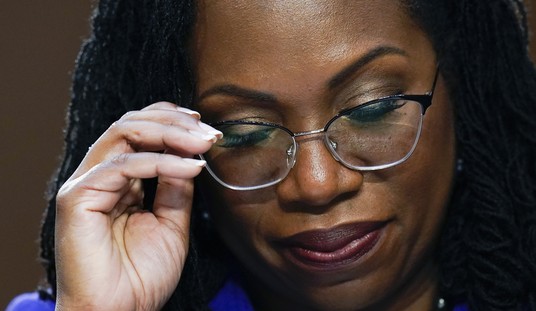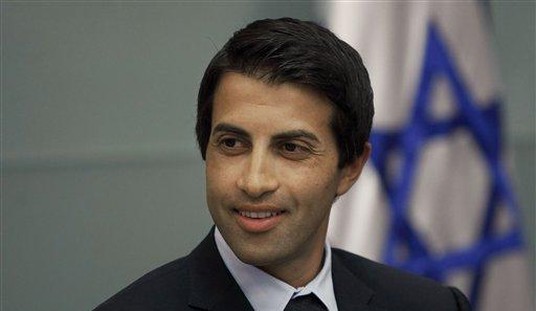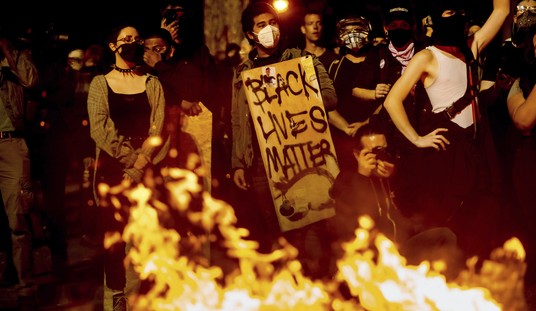I guess this is one way to defuse a scandal: pretend it’s just not that important.
Hillary Clinton wondered what difference it made whether we got to the truth of what happened in Benghazi. Now we have White House aide Dan Pfieffer saying it was “irrelevant” where the president was during the attack.
Weekly Standard has the transcript of a Fox News Sunday interview with Pfeiffer by Chris Wallace:
WALLACE: let’s turn to benghazi. he had a meeting with panetta in the afternoon, heard about this on an unrelated subject, wanted them to deploy forces as soon as possible. the next time he shows up, hillary clinton says she spoke to him at around 10:00 that night after the attack at the consulate, not the annex, but the attack at the consulate had ended. question, what did the president do the rest of that night to pursue benghazi?
PFEIFFER: the president was kept up to do throughout the entire night, from the moment it started till the end. this is a horrible tragedy, people that he sent abroad whose lives are in risk, people who work for him. i recognize that there’s a series of conspiracy theories the republicans are spinning about this since the night it happened, but there’s been an independent review of this, congress has held hearings, we provided 250,000 pages of — 250,000 pages of documents up there. there’s been 11 hearings, 20 staff briefings. everyone has found the same thing. this is a tragedy. the question is not what happened that night. the question is what are we going to do to move forward and ensure it doesn’t happen again? congress should act on what the president called for earlier this week, to pass legislation to actually allow us to implement the recommendations of the accountability review board. when we send diplomats off into far-flung places, there’s inherent risk. we need to mitigate that risk.
WALLACE: with all due respect, you didn’t answer my question. what did the president do that night?
PFEIFFER: kept up to date with the events as they were happening.
WALLACE: he didn’t talk to the secretary of state except for the one time when the first attack was over. he didn’t talk to the secretary of defense, he didn’t talk to chiefs. the chairman of the joint who was he talking to?
PFEIFFER: his national security staff, his national security council.
WALLACE: was he in the situation room?
PFEIFFER: he was kept up to date throughout the day.
WALLACE: do you know know whether he was in the situation room?
PFEIFFER: i don’t know what room he was in that night. that’s a largely irrelevant fact.
WALLACE: well —
PFEIFFER: the premise of your question, somehow there was something that could have been done differently, okay, that would have changed the outcome here. the accountability roof board has looked at this, people have looked at this. it’s a horrible tragedy, and we have to make sure it doesn’t happen again.
Wallace is about the only journalist who won’t accept the “doesn’t matter” mantra from the administration. One would think it matters a great deal if we have a president so disengaged that he didn’t talk to any of his main national security advisors when Americans were under attack and virtually disappeared, recusing himself from any decision making. That’s not an “irrelevant” point and Pfeiffer knows it. It’s just that he also knows the answer would make his boss look like an incompetent fool.
No doubt we will eventually be treated to similar responses to the IRS targeting scandal. It will become “irrelevant” when Obama found out about it and the question will be asked “what’s the difference if some tea party groups were targeted because they deserved to be anyway?”
The most transparently corrupt administration in history.










Join the conversation as a VIP Member